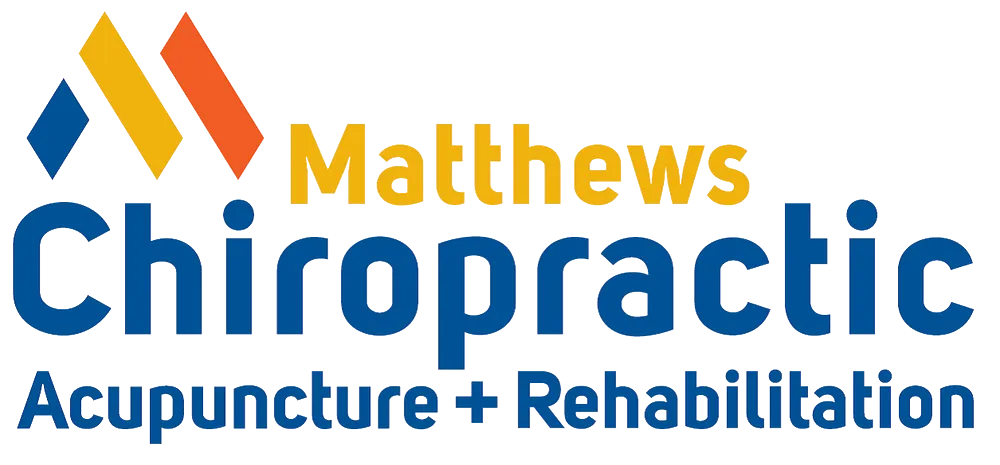Vitamin D Deficiency May Contribute to Musculoskeletal Pain
Vitamin D plays a significant role in helping the body absorb calcium, maintaining bone density, and preventing osteoporosis. New research suggests that Vitamin D is also essential in protecting against chronic diseases such as cancer, type 1 diabetes, rheumatoid arthritis, multiple sclerosis, and autoimmune diseases. All of these diseases involve musculoskeletal pain.
The vast majority of the population has experienced musculoskeletal pain, or pain that affects the bones and muscles in the body. Musculoskeletal pain can be caused by an unlimited number of factors and, as a result, is difficult to diagnose. Usually, the pain is gone before a diagnosis is developed. One very common cause of musculoskeletal pain is vitamin D deficiency. Extremely low levels of vitamin D have been scientifically linked to musculoskeletal pain that often goes undetected. Left untreated, this has the potential to lead to softening of the bones.
According to the Vitamin D Council, “Current research has implicated vitamin D deficiency as a major factor in the pathology of at least 17 varieties of cancer as well as heart disease, stroke, hypertension, autoimmune diseases, diabetes, depression, chronic pain, osteoarthritis, osteoporosis, muscle weakness, muscle wasting, birth defects, periodontal disease, and more.” (http://www.vitamindcouncil.org/)
The daily recommended intake of vitamin D is between 200 - 600 IUs (international units). An increased dosage is recommended for older adults and for housebound people. You can also get vitamin D from foods such as salmon, sardines, milk, cod, and eggs. Vitamin D is also absorbed by the body from sunlight.
If you are experiencing unexplained musculoskeletal pain, frequent bone fractures, or if you have a lack of exposure to direct sunlight for any reason, then you may be vitamin D deficient. Obese people are at a higher risk for vitamin D deficiency because it is fat-soluble. This means that it is stored in fat cells and unavailable to the body.
If you think that you may be at risk for vitamin D deficiency and are also experiencing musculoskeletal pain, make an appointment with a chiropractor. Chiropractors are experts in the diagnosis and treatment of musculoskeletal pain. Exercise can help to strengthen your musculoskeletal system, but without treating vitamin D deficiency, exercise could lead to increased pain. Before starting an exercise regimen you should consult a chiropractor. Chiropractors are also experts in nutritional health and most qualified to develop an exercise, nutritional and treatment program that will be right for you.
